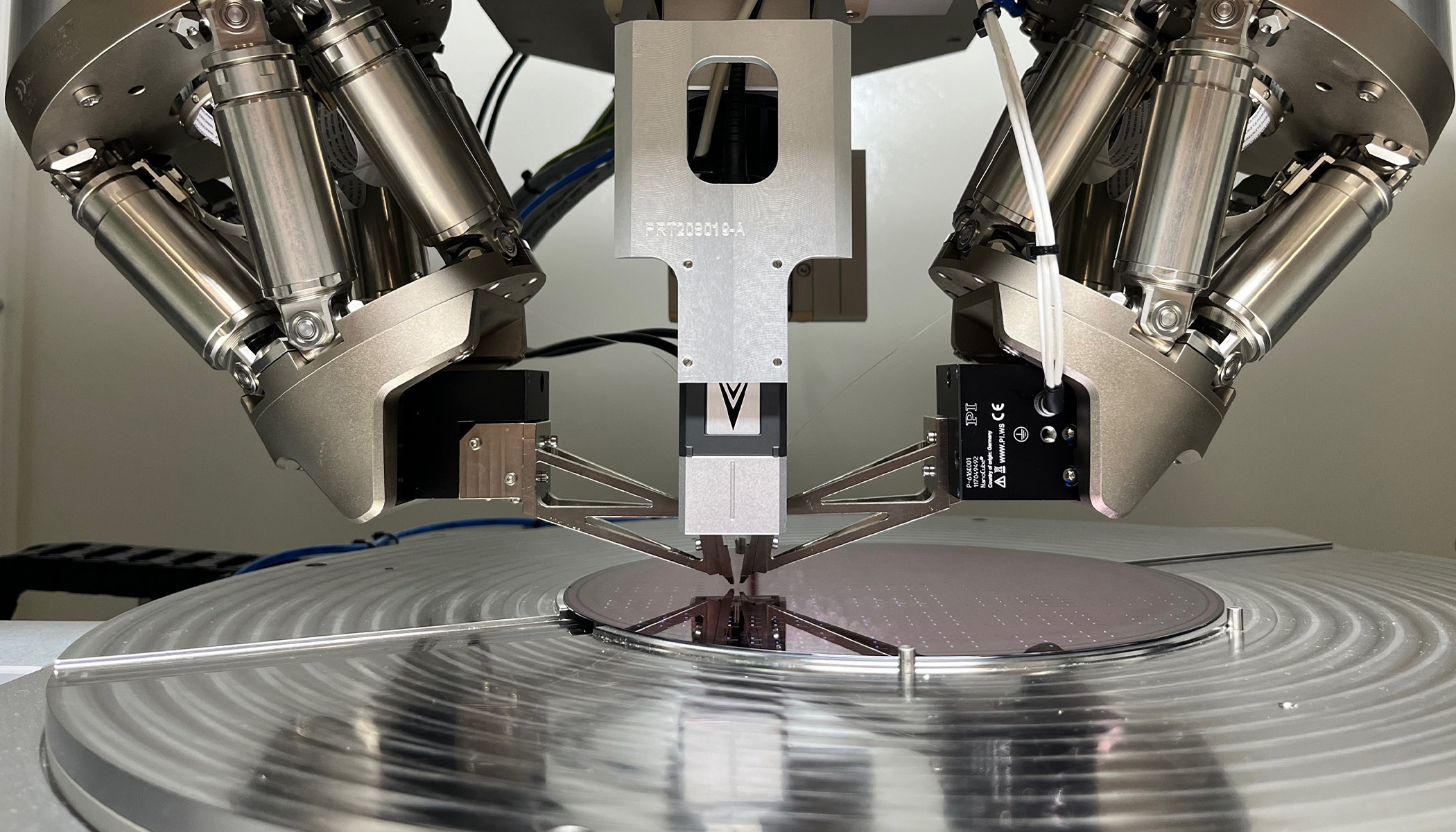Wave Photonics, a University of Cambridge spin-out in integrated photonics, has secured a £500,000 Innovate UK grant for a project aiming to revolutionise quantum computing by developing integrated photonic components for trapped ion quantum computers.
Wave Photonics, a University of Cambridge quantum computing spin-out, has secured £500,000 for an initiative focusing on the development of integrated photonic components. Backed by Innovate UK, the research is pivotal in the evolution of trapped ion quantum computers – a technology considered as the next quantum leap in computational power.
Desmond Cheung, Investment Manager at Cambridge Enterprise, said:
“Wave Photonics’ expertise in integrated photonics and its strong ties to the University of Cambridge, including team members with deep academic roots in Cambridge’s Quantum Information Group, highlight the company’s commitment to bridging the gap between cutting-edge research and practical, scalable integrated photonics solutions. This collaboration is a testament to the UK’s capacity for technological innovation, Cambridge’s continue ambition to grow our portfolio of quantum computing and quantum-enabling spin-outs.”
Through photonics, the science of light generation and manipulation, Wave Photonics aims to overcome the scalability challenges in quantum computing. The project’s goal is to shift from the traditional, bulky optical components to more compact, integrated photonic circuits. This transition is akin to the evolution seen in traditional electronics, moving from large vacuum tubes to silicon-based microchips.
The project brings together a consortium of key players, including Oxford Ionics, an Oxford-based quantum computing spin-out of University of Oxford, the CORNERSTONE foundry at the University of Southampton, and the Compound Semiconductor Applications (CSA) Catapult. Together, the partners will be guiding project requirements to developing cutting-edge chip fabrication processes.
The scalability and efficiency offered by this technology could unlock unprecedented computational power, influencing fields from drug discovery to cybersecurity. Integrated photonics, already a backbone in data centres for giants like Intel and Cisco, could pave the way for the quantum computing revolution while strengthening the UK’s position as a leader in quantum.
Wave Photonics was spun out of the Toshiba Quantum Information Group at the University by co-founders James Lee and Matthew Anderson, now the company’s CEO and CSO, respectively. Cambridge Enterprise participated in Wave Photonics pre-seed funding round of £170k via the Cambridge Enterprise Seed Funds team, which has been instrumental in developing the firm’s core technology.
Image credit: Milos Nedeljkovic of CORNERSTONE/University of Southampton










